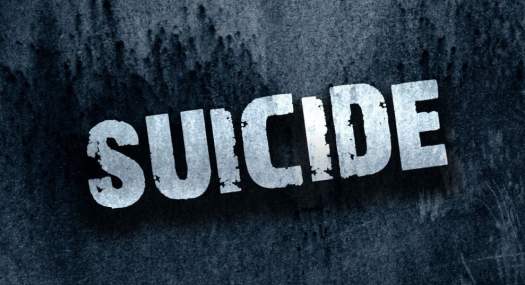AS most tertiary institutions open this month, a sizeable number of students go back to wrap up their academic pursuits while others begin a new chapter.
But there is a worrying trend at these institutions of higher learning, which parents and guardians must be wary of — an increase in the number of suicide cases.
University students, whose only concern should be excelling in their academic studies, are taking their own lives. Disturbingly, no one seems to know why.
But apart from academic pressure, matters of the heart are complex and can take a huge toll on a student’s mental faculties. It can be even worse if they are coupled with financial troubles, the impact can be catastrophic.
Suicides are emerging as one of the biggest causes of death for students at tertiary institutions in Zimbabwe and these usually occur during examination time. Screaming headlines of students ending their lives owing to different reasons have become a staple.
Although tertiary institutions were not forthcoming with statistics on suicide deaths among students, investigations by The Sunday Mail Society revealed disturbing trends.
Last year alone, five of the more than 10 university students who died were suspected to have committed suicide.
One of the latest students to commit suicide is Misheck Siwela, a second-year actuarial science student.
The 21-year-old promising actuarial scientist’s lifeless body was found hanging from trusses of his family’s Nketa home in Bulawayo. He did not leave a suicide note and his family was left puzzled as he had not shown any signs of depression.
Siwela committed suicide as he was preparing for his end of semester examinations.
In another case of suspected suicide, Blessing Mangena, a first-year statistics student, was crushed by a train in November last year. This was after she had been impregnated by a man who was not her boyfriend.
Two months earlier, the body of an unnamed second-year finance student had been found hanging in a hostel at the National University of Science of Technology (NUST). The student is suspected to have committed suicide, but just like Siwela, he did not leave any clues on why he had taken his own life.
At Midlands State University (MSU), one of the largest tertiary institutions in the country, a number of students have committed suicide in recent times. One of the students who died recently was Walter Temera, who took his own life in November last year after finding a lecturer in bed with his girlfriend.
In another case, a second year student at the same university was in September last year found hanging in his hostel in another suspected case of suicide. Students who had lived with him said he never showed any signs of distress.
Several students from the institution have committed suicide since then, with more cases coming from colleges and polytechnics around the country.
Health professionals say depression and anxiety have become increasingly prevalent in today’s college students, with mental health issues being the biggest barriers to doing well in school.
The development has left experts calling for strong counselling programmes to assist troubled students as they fear the trend might go down to secondary and primary institutions.
What could possibly be the reason behind the increased cases of suicides in tertiary institutions?
A psychiatrist, Bernard Muroyiwa, said the biggest cause of suicide is depression, which is characterised by a low mood, low energy, low interest, low concentration and repeated thoughts of death. He said university students are always under pressure and their institutions should always ensure they access psycho-social services.
“Suicide is associated with self-guilt, worthlessness and hopelessness. When one reaches hopelessness, suicide is seen as a way to escape a situation,” said Muroyiwa.State media



